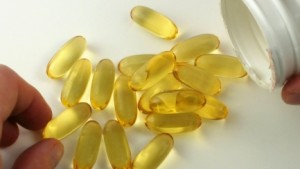Iron can reduce ADHD in low-weight infants
Recent studies have shown that iron supplements given to low birth weight infants can help to reduce the behavioural problems linked to ADHD later in life. The study was carried out by paediatric scientists at the Umea University in Sweden and could be a great leap in the field of cognitive and behavioural studies.
The study was a randomised controlled trial which saw 285 marginally low birth weight infants consume 0, 1 or 2mg/kg of iron supplements each day for six weeks to six months in age. Then, at age three and a half, the children were tested for their intelligence and behaviour, alongside 95 children who had a normal weight at birth.
Although there was no significant difference in the IQ levels of these children, the behavioural aspect did show differences. Of the children who were given no iron supplements, 12.7 per cent showed signs of behavioural problems, compared to 2.9 per cent of children who took the 1mg and 2.7 per cent of the 2mg group. Furthermore, of those infants in the controlled group, 3.2 per cent of children showed signs of behavioural problems. This research offers hope of future developments which could mark a significant drop in the number of children diagnosed with ADHD.
This study has concluded that the long term health benefits of iron supplements early on in a child’s development can greatly reduce the symptoms of ADHD later in life. While the research discovered throughout this study is fantastic news for those who may become prone to developing ADHD further on their life, it is important to remember that this research is still in the early stages. You should always seek medical advice before opting to take any form of medication or supplementation, in particular with children.


Comments are closed.